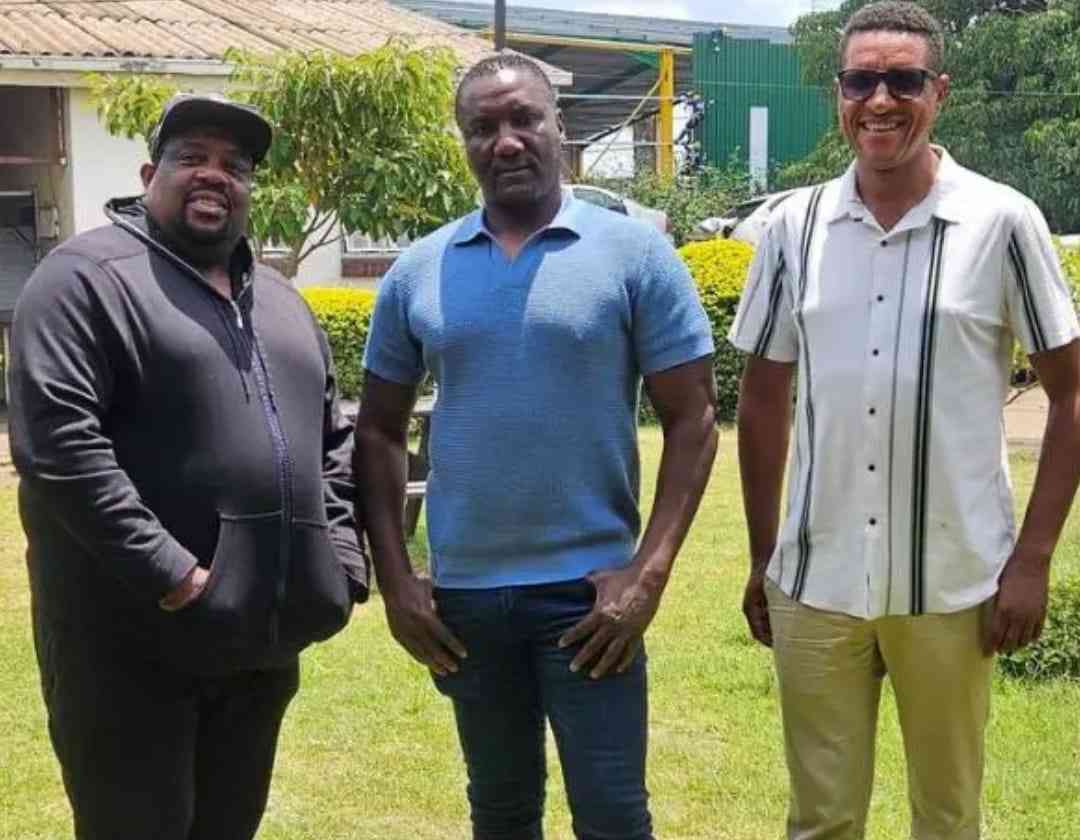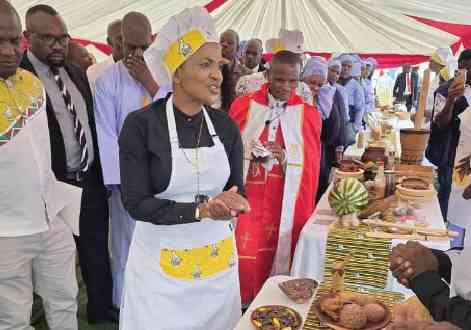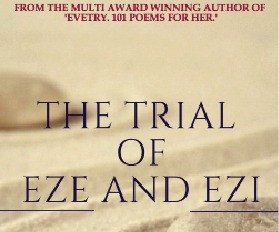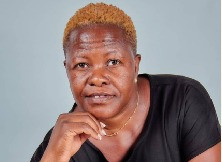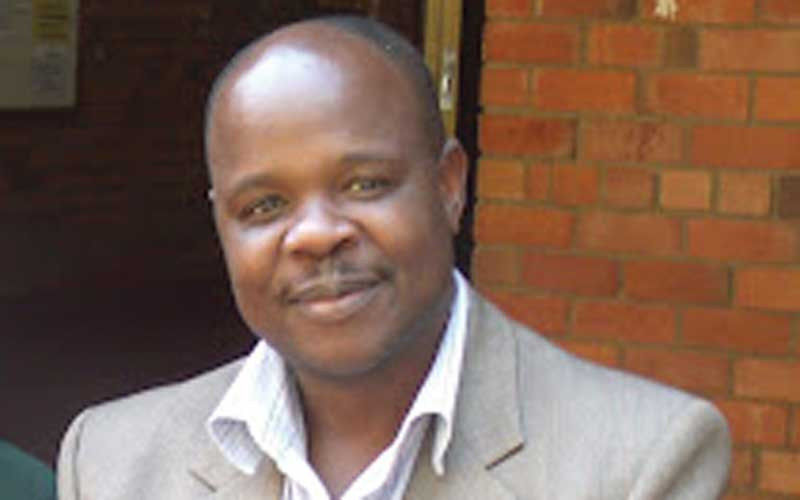
I have come to notice that literature is awash with boy characters in distress. They seem to be the norm ever since I started reading. This is in sharp contrast with the concept of the damsel in distress which I pick from all around me. I hear that what I am talking about is actually called the dude in distress.
Actually much mainstream literature in all languages across the world, across ages, is about boys or young men who wake up early in their lives to find that they are caught up in very difficult circumstances.
For example the Adventures of Huckleberry Finn is one of Mark Twain’s best-known and most important novels in American literature. The novel takes place in Missouri in the 1830s or 1840s, at a time when Missouri was considered a slave state. The novel tells the story of Huckleberry Finn’s escape from his alcoholic and abusive father and Huck’s adventurous journey down the Mississippi River together with the runaway slave Jim.
At one distressing point, Huck’s father Papa goes out, he locks Huck in the cabin, and when he returns home drunk, he beats up the boy. Tired of his confinement and fearing the beatings would worsen, Huck escapes from Pap by faking his own death. Huck is running from his father while Jim is running away from slavery. Jim’s escape is prompted when Miss Watson considers selling him off to a slave trader despite the fact that Jim has served her well and she knows that such an action would separate Jim from his family. It is a life of hide and seek and offers a great measure of distress for the two male characters, Huck and Jim.
Think about Great Expectations by Charles Dickens, which is for a great deal a story about a boy’s distressful upbringing. This is the story of Pip, an orphan boy adopted by a blacksmith’s family, who has good luck and great expectations, and then loses both his luck and expectations. Through this rise and fall, however, Pip learns how to find happiness. He learns the meaning of friendship and the meaning of love and, of course, becomes a better person for it.
The well-known novel opens with the narrator, Pip, who introduces himself and describes a much younger Pip staring at the gravestones of his parents. This tiny, shivering bundle of a boy is suddenly terrified by a man dressed in a prison uniform. The man tells Pip that if he wants to live, he’ll go down to his house and bring him back some food and a file for the shackle on his leg.
Then in Oliver Twist, another of the novels of Dickens, explores the worrying squalor and poverty of the London of his time and at the centre of the story is the other distraught boy, Oliver. It is said that Charles Dickens was well versed in the poverty of London, as he himself was a child worker after his father was sent to debtors’ prison.
Oliver, an orphan since birth, spends much of his childhood at a “child farm” (orphanage) with too many children and too little food. Oliver is accused for asking for more gruel after a meal. To ask for more is unacceptable! Oliver is punished through being sent to work as an apprentice to an undertaker. After ill treatment, Oliver escapes into the crime rich heart of London where children are taught pick pocketing and burglary. Oliver suffers arrest, assaults, shooting, kidnapping and many other ills and his is a tormented childhood.
- Business opinion: Branding in the age of entrepreneurship and industrialisation (Part 20)
- Re-imagining the workplace: The legal contract and its vicissitudes
- Business opinion: Branding in the age of entrepreneurship and industrialisation (Part 20)
- Re-imagining the workplace: The legal contract and its vicissitudes
Keep Reading
Sometimes I think that perhaps Ikemefuna of Achebe’s Things Fall Apart is the most pathetic and distressed child character in African literature. In a settlement with a neighbouring tribe, Umuofia wins a virgin and a fifteen-year-old boy. Okonkwo takes charge of the boy, Ikemefuna, and finds an ideal son in him. Nwoye likewise forms a strong attachment to the newcomer. Despite his fondness for Ikemefuna and despite the fact that the boy begins to call him “father,” Okonkwo does not let himself show any affection for him.
Ogbuefi Ezeudu, a respected village elder, informs Okonkwo in private that the Oracle has said that Ikemefuna must be killed. He tells Okonkwo that because Ikemefuna calls him “father,” Okonkwo should not take part in the boy’s death. Okonkwo lies to Ikemefuna, telling him that they must return him to his home village. Nwoye bursts into tears.
As he walks with the men of Umuofia, Ikemefuna thinks about seeing his mother. After several hours of walking, some of Okonkwo’s clansmen attack the boy with machetes. Ikemefuna runs to Okonkwo for help. But Okonkwo, who doesn’t wish to look weak in front of his fellow tribesmen, cuts the boy down despite the Oracle’s admonishment.
Nwoye, Okonkwo’s own son who had grown fond of Ikemefuna is the most shocked and wrecked person on instinctively learning the fate of the boy whom he had grown to know as brother: “As soon as his father walked in, that night, Nwoye knew that Ikemefuna had been killed, and something seemed to give way inside him, like the snapping of a tightened bow. He did not cry. He just hung limp.”
From the very beginning, Ikemefuna is the ultimate victim; his fate is completely out of his control since he is taken away by his family so early in life for a crime which he had no part in, nor any knowledge of. In his new life, Ikemefuna is subject to the whims of his new father and the Umuofia elders, in whose hands his fate ultimately lies.
Do you know that in times of war, the boys grow very fast even when they are tense and unhappy? They become both adults and boys in a very special way. In Pepetela’s Nguga’s Adventure, Ngunga is a boy growing up in war times. Ngunga who feels that he has lost everyone around him during the war of liberation of Angola decides that he must just travel across Angola and become part of the war. Ngunga’s quest is very unique.
Ngunga is a 13-year-old orphan. One day, when they were working in the fields, his parents were taken by surprise by the enemy. The colonialists opened fire. His father, already an old man, was killed immediately. His mother tried to run away, but a bullet went through her chest. Only Mussango was left, and she was caught and taken to the army post. Four years had passed through that sad day.
Ngunga had remained in the village and he becomes enamored in the mores and life of the MPLA structures and its guerillas who work from among the people as they fight against the Portuguese settlers.
However, one day Ngunga looks around himself and makes a very critical evaluation: “It was so good here sitting on the sand, his feet in the water. Why should he leave this place? Nobody was waiting for him in the kimbo, nobody would be worried if he was late or even if he didn’t come back. He could sleep in the bush…Nobody would ask the question, ‘but where is Ngunga?’’
Ngunga continues with his sad reflections: Who would leave guarding their cassava to look for Ngunga? Who, on seeing him naked, would even find him the bark of a tree? The distress is overpowering.
Then there is Mpho’s Search, by Sandra Braude, a young people’s novel based on a quest by a 12 year old boy, Mpho. He moves from Witbank, Transvaal, to Johannesburg, in search of his long lost father, Paulus Mapanga who is thought to be working in the mines. The distress is palpable.
As the story begins, Mpho is being fired from baas du Toit’s farm for failing to look after the white owner’s sheep. The grandmother who Mpho has been staying with died just six months back. Grandmother had cared for Mpho, fed him and looked after him when he had been ill.
She had talked to Mpho and told him about his own mother and father whom he had never known, related stories to him and read to him from her tattered bible. Mpho’s mother had died when Mpho was a baby. Mpho’s father had left when Mpho was very young, to go and work on the mines.
That was the only way Paulus Mapanga could earn money and send it home. Mpho could hardly remember his father. Armed with five hundred Rands, Mpho sets off to look for his father in Johannesburg, not really knowing the hazards in front of him and the near impossible task of finding a man in the mines.
Mpho rides to Johannesburg and puts up in a squatter camp in a space owned by an elderly woman. He is caught up in the violence that goes own between various violent groups of people in the squatter camp, until he runs away in the middle of the night. He runs into Hillbrow, where a Good Samaritan shelters him for the night, giving him a free lift into central Joburg the following morning.
Soon Mpho realises that it was not easy to find a man whose address you don’t know in a place like Johannesburg. He becomes a street dweller, learning from other city children how to beg and how to pilfer from supermarkets. He meets sex perverts, who take him home and try to abuse him. He runs away and one day, he meets another Zulu boy called Themba, who teaches him about making money through offloading goods from trucks for shops and shining shoes for passers by.
Eventually, Mpho and Themba, who are now a formidable pair, get to a Catholic run shelter house where they put up during the night and with the option to return to school. They also team up with a notorious boy called Stephen who intoxicates them with drugs and teaches them to break into shops in search of guns, knives and other things until Mpho is arrested when he has not committed the crime yet.
The Catholic safe house secures a lawyer for Mpho and as soon as he is discharged, he bumps into his father’s long time friend, a Dr Nkosi. Nkosi indicates that Mpho’s father is apparently abroad, studying and has sent him to search for Mpho!
The writers pick their boy characters to show how treacherous the world can be. I think they choose the boys because it is the boy and the young man who traditionally goes out to hunt or to work for the family. He becomes the so called dude in distress. His experiences necessarily become our experience. He is a typical character under typical circumstances.
- Memory Chirere is a Zimbabwean writer. He enjoys reading and writing short stories and some of his stories are published in No More Plastic Balls (1999), A Roof to Repair (2000), Writing Still (2003) and Creatures Great and Small(2005). He has published short story books; Somewhere in This Country (2006), Tudikidiki (2007) and Toriro and His Goats (2010). Together with Maurice Vambe, he compiled and edited (so far the only full volume on Mungoshi called): Charles Mungoshi: A Critical Reader (2006). His new book is a 2014 collection of poems entitled: Bhuku Risina Basa Nekuti Rakanyorwa Masikati. He is with the University of Zimbabwe (in Harare) where he lectures in literature. Email: [email protected]

